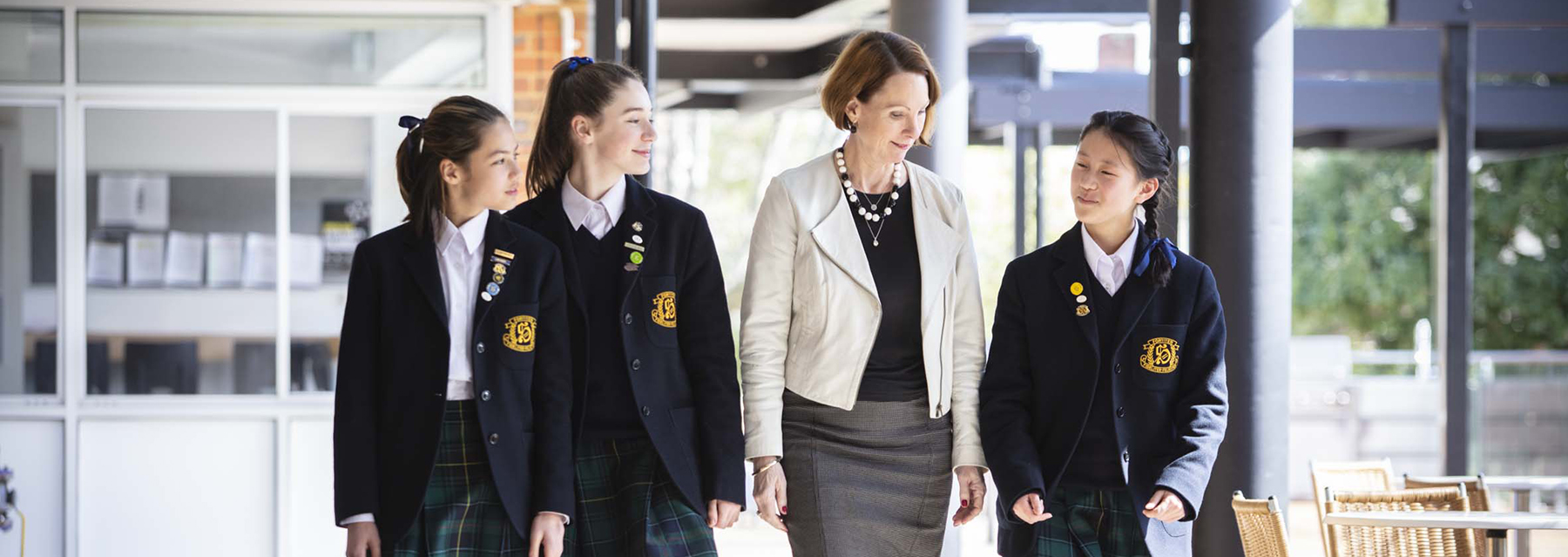Bernard Salt, demographer and social commentator wrote a piece in The Australian titled Coronavirus: The End of Narcissism, which resonated with my experience of people in this COVID era. He outlined the response of people and the times which followed the World Wars and outlined why he believes that our current experience with adversity (hopefully) will be much briefer than the years of those wars and the Depression, but will be universal in its affect owing to the immediacy of information from all areas of the world. We are globally so connected and we are being swept along together, exposed to the same threats and responding with relief to the same victories. Like other nations, ours has been focused on a single crisis involving life and death, replete with heroes and villains, sacrifice and hardship. Salt proposes that this experience may result in social shift as powerful as those of the ‘20s, ‘30s and 50s.
Salt believes that here in Australia in particular, we have been re-evaluating the entire contribution/reward equation since the summer bushfires and now, the added experience of the pandemic. The shallowness of some, consumed only with themselves, has been terribly exposed. In other times, one has just shrugged one’s shoulders at the self-absorption and selfishness or we have hardly noticed it or this behaviour from some had even come to be expected. Now we so appreciate the selflessness of volunteer firefighters, healthcare workers, supermarket staff, teachers and anyone kind, thoughtful and generous in ways small and large. These people are our heroes. Simple, decent, disciplined folk who put the good of all before themselves.
The work from home (WFH) movement means we are getting our jobs done without the need to dress up. Today I forgot to wear earrings – a bit of a first for me, particularly since I had a series of all kinds of meetings with a range of people – school, city and interstate. People are Zoom and Microsoft Teams meeting at home, often with lived-in backgrounds (haven’t been able to or had time to sort out that IT feature of blurring backgrounds, creating new ones or the other fancy things some of our clever teachers have done), imperfect lighting, crackly sound, tech tetchiness and less than perfect camera angles. That is not to leave out questionably dressed spouses who wander into the background of our meetings, needy pets and toddlers climbing up on tables and requiring rescue mid-lesson (true story – apparently it was one of the student’s favourite moments that day). The pretence that we have it ‘all under control’, are ever-polished, perfect, ‘have got it’ and ‘all over it’ is something, which we cannot even try for at the moment and we are accepting that in ourselves and each other. We may have kind of ‘got it’ and have a most key things ‘under control,’ but a family WFH with kids and dog and perhaps elderly parents to factor in, is an impossibly hard act without cracks being appearing. For those who are alone, it must be even more difficult. There has been a glorious shortage of glamour, perfection and airbrushed images of lives, which clearly were fictional. Now we have images of failed sourdough, simple, real bedrooms and kitchens, out-of-control hair. We yearn for real connection and we have doubled down on our appreciation of all things natural and nature itself.
We have come to value substance over style. Families – our tribes – have hunkered down, cooking, working, fighting, laughing, getting annoyed with each other, doing household chores put off for decades, sorting out photo albums and squabbling over ‘personal space’ and ‘whose turn’. Husbands have become experts in dishwasher stacking (well, mine has – the methodology seemed to have worked ok the last 35 years). The joys of the tribe and being real. Perhaps we have not always been the best versions of ourselves – but humanity has had fewer cover-ups and there has been less room for pretence.
Over ten years ago, I wrote an article entitled ‘What About ME?’ or something like that. It was based on an article I had read in Time by Jean Twenge. It was about the perceived rise of narcissism and entitlement in people, which we thought we were witnessing as we managed things happening in the school at that time. Use of social media became emerged and it seemed to have a massive impact in the context of ‘me’ or narcissism. Some of you may remember way back to ‘MySpace’ as a social media platform and then much followed with a proliferation of everything being prefaced with ‘i’: iPhones, iPads, and ‘my’: MySpace and we did this here ourselves with ‘MyStrathcona’. In retrospect, wouldn’t ‘OurStrathcona’ have been more fitting? This recent experience of people managing the pandemic here at Strathcona has been one where I have seen more of the ‘us’, ‘we are in this together’ and ‘we’ than I have seen of pure individual self-interest, entitlement and narcissism. It seems to have evaporated and everyone seems to be looking out for each other and sharing all sorts of things that matter. Today, I received an email from a parent concerned about David, our crossing man. Our Chaplain has been checking in on him and he so appreciated the generosity of thought and the small gift we gave him. What a wonderful mother to have been managing her own tribe but thought of David. There have also been some families whose work and businesses have been unaffected by the pandemic who have offered to contribute to some kind of fund to assist badly impacted families.
In due course, I suppose in time, self-interest, of ‘me’ may resurface, that is a part of us as human beings too. This will be fuelled by advertising igniting FOMO (fear of missing out), but not in the short term, not after this year. Australia’s year of drought, rain, bushfire, then relief, pandemic then – hopefully – ‘deliverance’, as Salt describes it, may assist us shift to a ‘we’ way of thinking rather than ‘me’. I have faith our young people will have learned something profound in this historical moment in which they have found themselves and I believe it will make their contribution to the future something great. Evan Spiegel, 22, co-founder of Snapchat argued not very long ago, that it is has become too exhausting for millennials to front a perfect life on social media. He said, “We are trying to create a place where you can be in sweatpants, sitting eating cereal on a Friday night and that is ok”. Well, that happened. I can’t wait to get our students back and then follow this generation and those a little older as they move through the ranks to take their places shaping decisions in all kinds of areas in ways both small and large.


